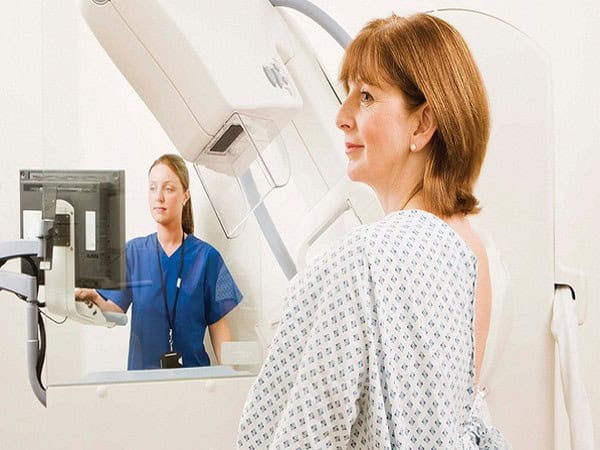Washington: Turns out, special x-ray exams reduce false positivity rates in breast cancer cases.
According to a study by American Roentgen Ray Society, rates of false positive breast cancer screening exams fell significantly after complete integration of diagnostic digital breast tomosynthesis (DBT), potentially leading to higher quality, lower costs, and fewer unnecessary biopsies.
DBT is associated with fewer false positive exams in the screening setting, but there is limited research on the impact of DBT on false positive exams in the diagnostic setting.
The study, to be presented by Charmi Vijapura of Harvard University’s Massachusetts General Hospital, compared the rates of false positive exams between digital 2D mammography (DM) and DBT in the diagnostic setting in order to determine if there are differences in the mammographic findings that lead to false positive exams.
The study compared consecutive diagnostic mammograms from August 2008 to February 2011, which utilized DM, prior to DBT integration, and from January 2013 to July 2015, after complete DBT integration.
Mammograms were considered false-positive exams if there was no known tissue diagnosis of breast cancer within one year after the recommendation for tissue diagnosis or surgical consultation on the basis of a positive exam.
The results showed the cancer-detection rate was significantly higher in the DBT group than the DM group, and the false-positive rate was significantly lower in the DBT group compared with the DM group.
Findings from the study will be presented at ARRS 2018 Annual Meeting set for April 22-27 in Washington, DC. (ANI)

